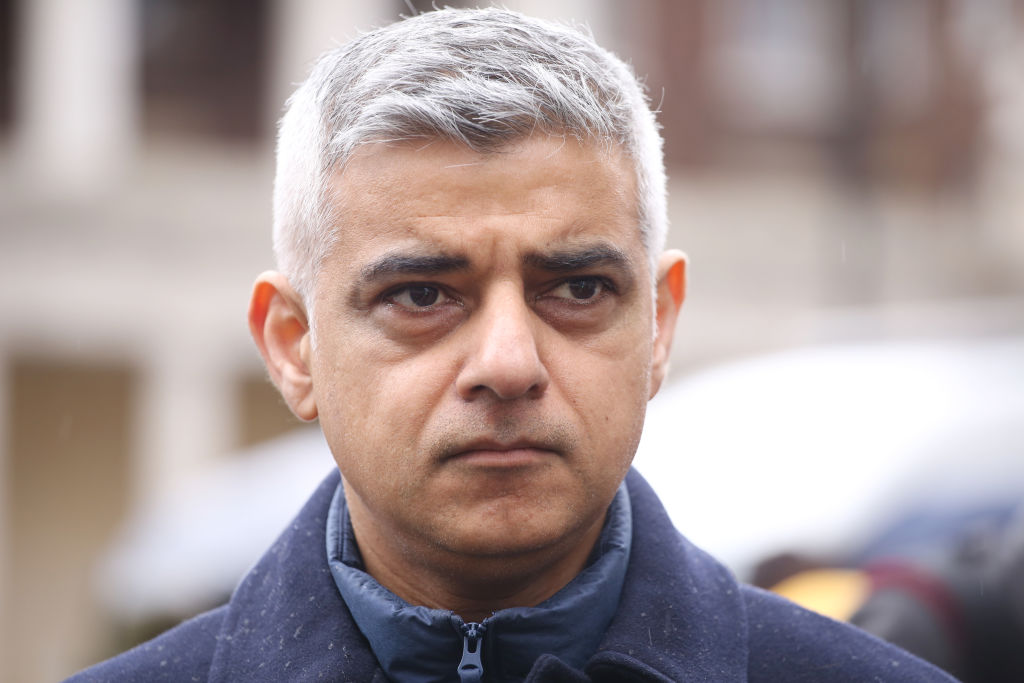- Saturday, July 27, 2024

By: indiaweekly.biz Staff
SADIQ KHAN has called for ethnicity to be recorded on all death certificates to “fully expose” the disproportionate deaths due to Covid-19 and other illnesses among England’s black, Asian and minority ethnic (BAME) communities.
The lopsided impact on these communities has become increasingly clear with studies by organisations, such as the Institute of Fiscal Studies, estimating that hospital death rates are highest among those with Black Caribbean, Pakistani and Black African heritage.
However, experts said, it’s not possible to understand the full extent of this inequality as, unlike in Scotland, ethnicity is not recorded on death certificates in England.
The London mayor said “urgent action” was needed “to reveal the true extent of this inequality”.
While welcoming the government’s ongoing review into the disproportionate effect of the virus on certain ethnicities, Khan pointed out that a “complete picture” of the impact on those from BAME backgrounds could be assessed only by noting ethnicity in all death certificates.
“We need to fully expose the effect it is having on our communities, have honest conversations about what is behind it why it is happening, and work hard to tackle these problems,” he said.
“That’s why I’m calling for greater transparency and bringing city leaders together to see what we can do.”
The mayor is reportedly bringing together city and community leaders from across the capital to discuss what can be done to protect Londoners at risk.
Senior representatives from the NHS, Public Health England, trade unions, businesses and community groups will discuss the underlying socio-economic factors including low income and over-representation in frontline roles.
Khan said he was “working hard” to “support and fight for London’s diverse communities”.
“The government,” he stressed, “cannot ignore the structural problems in our society that mean minority ethnic Londoners are more likely to work in lower paid jobs, live in overcrowded accommodation and suffer from underlying health conditions which put them at greater risk.”
City Hall is also analysing available data to improve the understanding of this disparity, “looking into the social and economic factors behind infections and deaths, and its impact in other ways, including education, employment and welfare”.
Dr Zubaida Haque, deputy director of The Runnymede Trust, said: “We know from recent improvements in the official reporting of Covid-19 data that particular ethnic minority groups are over-represented among hospital deaths… but we don’t know about deaths with Covid-19 among ethnic minority groups in the community or in care homes.
“This is wholly inadequate during a pandemic. It is critical that we get the whole picture of who is being affected so that we can identify and shield the most vulnerable from Covid-19. We agree that it’s important to have ethnicity recorded on death certificates, as it will allow us to identify any differences in mortality rates between ethnic groups.”